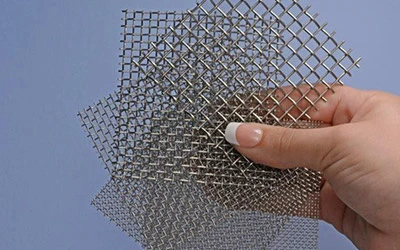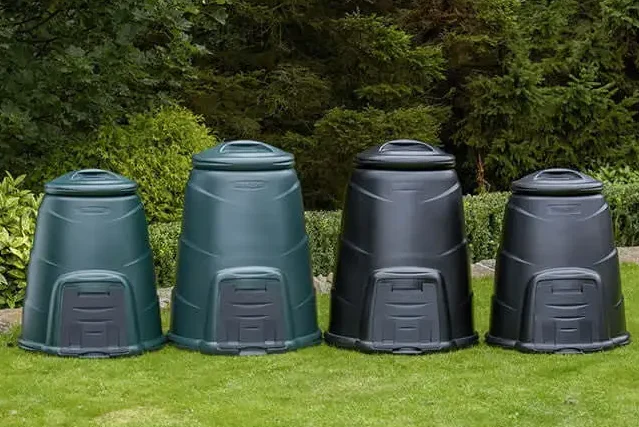Table of Contents
Does compost attracts Rats?
“Rats in a compost is a rare thing”, don’t let this thought fool you. In fact, composts attract those rats into it and if you have your compost connected to the place you live, then it’s a much bigger problem.
They also love the warmth of the compost which provides them shelter and also there is plenty of food available for them, so they definitely love it.
Rats don’t just eat away the useful vegetable waste from the compost but they also attract bad bacteria and pathogens which could lead to destruction of the whole compost.
What type of compost attracts Rats?
Composts which are open and outdoor usually attract rats in it. Those composts have the least protection if not taken care properly and easiest for rats to infiltrate.
Compost made of organic waste like food and eatables such as bread, and meat, fruit and vegetable scraps, attracts rats. A poorly managed compost pile with a strong odor, exposed food, and an easily accessible pile can also attract rodents.
What problems do rats cause
Problems caused in the compost
Rats can cause several problems in compost piles:
- Contamination: Rats can carry diseases and parasites that can contaminate the compost and pose a health risk.
- Destruction: Rats can burrow into compost piles, disturbing the composition and structure, and potentially spreading waste material outside of the pile.
- Attraction of other pests: A compost pile that attracts rats may also attract other pests, such as insects and birds, which can further disrupt the composting process.
- Odour: If a rat dies in your compost it will create a very bad and unpleasant odor, making it difficult to use the compost for gardening or farming.
Problems for the humans
If rats can reach your compost, they can reach you too and rats can carry and transmit several diseases to humans, including:
- Leptospirosis: It’s caused by the bacteria of the genus Leptospira. The bacteria can enter through skin or mucus membrane like nose, eyes or ears. Can cause high fever also.
- Salmonellosis: It’s usually present in the intestine of rats and caused due to plants contaminated by the the feces of the rats and can really upset your stomach badly.
- Rat-Bite Fever: If a rat took a bites you, it can cause fever and pain in several parts of body like muscles, joints, etc.
- Hantavirus: If in any way you get in touch with rat’s urine, saliva or their nesting material, you can get Hantavirus. It causes fever fatigue and bigger muscle pain.
- Plague: A rare but a very serious disease which is caused by the fleas of rats.
It is important to maintain good hygiene and to avoid contact with wild or stray rats to reduce the risk of infection. If you suspect you have been infected with a disease, seek medical attention promptly.
How to avoid rats from entering the compost
There are a few things that you can try to avoid rats from getting into your compost.
Mouse Proofing
If your compost is all open then its important that you surround your compost with Rat-Proof Mesh. If you use a normal mesh then rats will find a way to get into the compost and destroy it. So it becomes very important that you use rat proof mesh only.

And not just the compost, try to figure out how rats get into your compost area if you do backyard composting and also do rat proofing around the house, this will add an extra layer of security and avoid rats from getting even close to the compost.
Bury the Compost

Instead of making a big mountain of compost, dig in the ground and bury the compost. Also, after burying the compost, add few grass clippings and leaves over the compost so that the smell of the compost is lesser and rats don’t find the compost out.
Use a bin for composting

If you are composting in open, it’s better that you use a bin. A bin is made up of hard material which rats can’t get through. Just make sure your bin is not broken or having any opening from any where. Close the lid properly and rats will never get inside of your compost.
Plants that repel rats
Below are few plants which you can grow near the compost to avoid mouse or rats from getting into the compost:

Marigolds, Rosemary, Peppermint, Daffodils or narcissus, Jonquil, Sage, Cayenne or guinea spice, cow-horn peppers, Bird peppers, Black pepper, Lavender, Onions, Grape Hyacinth, Garlic, Tomatoes, Sweet Pea, Camphor Plant, Oak, Bay leaf plant, Worm wood plant
Turn the compost

Turning the compost destroys the habitat that rats build inside of the compost. Although it’ll not stop the rats from coming back into the compost but it’ll help in stopping the rats from breeding inside the compost to some extent.
Pet an Animal

Not something that you should do just to keep the rats away, but if you have a pet dog or cat, they scare the rats away and keep them from visiting the area where they are in.
Set Mouse Traps

Mouse traps will catch the mouse which visit your compost and then you can free them far away from your place so that they won’t visit the compost ever again.
Use Poison

Last thing that you can do is use poison. Rats love the bait of poison. It’s an easy way to get rid of rats from the compost. But using poison will not stop other rats from visiting the compost.
You can first do everything to avoid rats from getting near the compost area to make sure no new rats can get into the compost. Then you can put some poison as bait to make sure if any rat is left behind, you get rid of that too.




